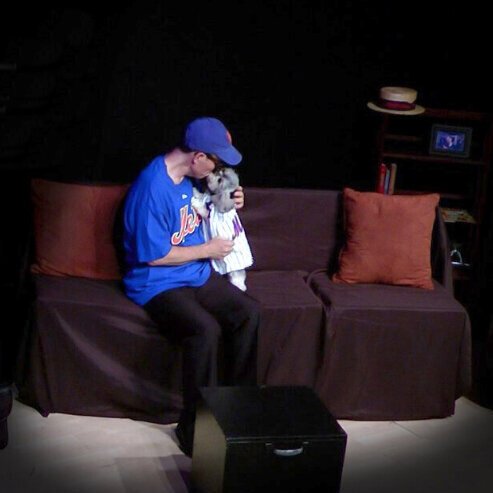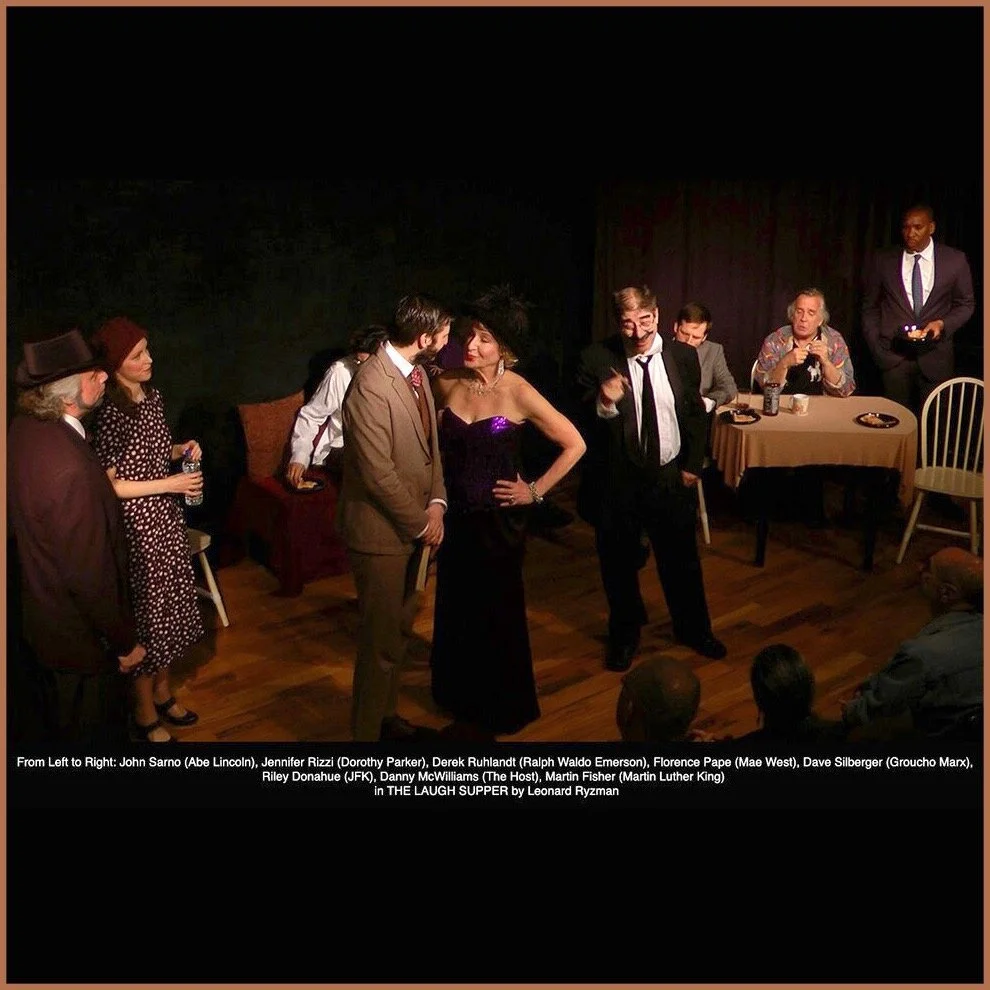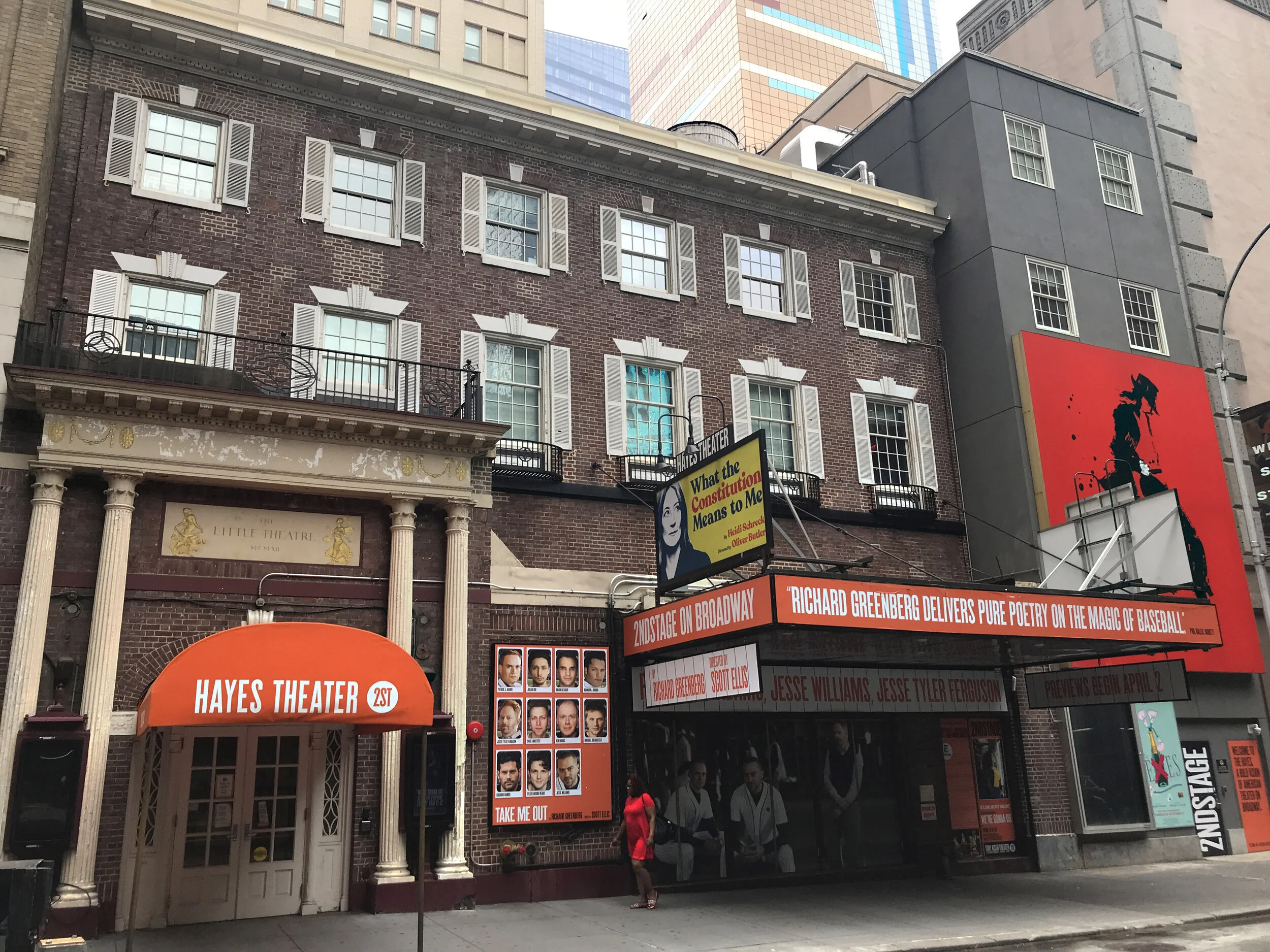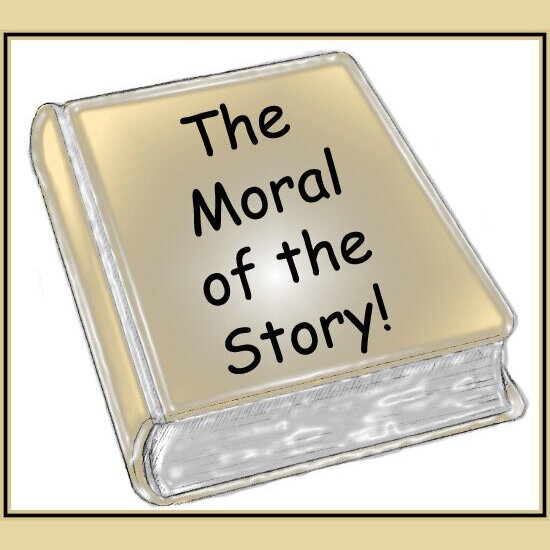You Need a Great Story Idea!
So you have an idea for a play?
How do you know if it is any good?
Here is my litmus test to see if an idea will hold water for the long haul!
1. Are you passionate about this idea? Does it excite you emotionally? Does it actually make you feel good - raise your adrenaline when you think about it?
Passion will fuel the creation of any play. Make sure you are passionate about your idea so it obsesses you. A grand obsession with a story idea will create a great play.
2. Has this idea caused you to envision the entire play? Or major elements or scenes of the play? Do you find this idea following you around? Are you thinking about it for most of your day?
If you idea causes you to begin to obsess about it - it is a good idea!
3. Were you looking for this idea, or did this idea just fall in your lap?
Seeking ideas is fun and exciting but I find my best ideas are thrust upon me sometimes in very strange ways.
An example of this was when I got the idea for New York City's first One Man One Dog show DAD AND THE DOG that we have produced on two occasions at Manhattan Rep. I was sitting with my mother and sister at a family social gathering, eating and chatting with our dog, Roma, in my arms. We started to talk about growing up, and somehow, someone brought up how when I was 11 my father and mother had a huge fight and Mom took the five of us and ran away to Willow Grove, PA to live with her parents, and she left my father home in our house alone with our dog Missy. When we finally returned 6 weeks later, the dog was at least 30 pounds heavier and my father was different, changed somehow. That Summer, alone with Missy, was the beginning of his transformation from being a very troubled man to being incredibly selfless and crazy loving to his five kids.
As I was sitting there, it hit me.
"I should do a play about that Summer."
And then, I looked down at my little dog in my arms, and Roma stared up at me and smiled, and then she whispered with her eyes and said "And I will star in it with you!"
It was a scary, wonderful discovery, and in that unexpected moment, I knew it was a play that had to be brought to life.
As it turned out, we received some wonderful reviews - Roma's reviews were actually better than mine. And it was the most exciting experience I have ever had on stage. Literally hanging out with Roma, embodying my father's journey was simply amazing.
4. Is this idea important? How will it affect others? How will it affect you? This is the rocket fuel of a play. If your play idea is to somehow connected to some grand message that YOU NEED TO COMMUNICATE, it is a good idea, and it will power you to write it to its conclusion.
DAD AND THE DOG was important for it showed how even in the worst situations, we can persevere with the power of love and the connection to our creator.
If your idea can affect people, go in the back door and shake up negative beliefs in people, it is a good idea.
“How will it affect YOU?” is an important question too! How will you feel when you see this play up on stage? Will it make you laugh? Will it help you heal? Notice that in these questions I didn't include,
"Is the idea commercial?" Bad place to start. For if you start from there, you will be writing a "commercial play" not one from your passion, and most often, IT WILL SUCK. Not the place to start. And bottomline, any good play written from the heart, dealing with an important issue about life or love or society or belief systems etc etc will probably prove to be commercial too, for a personal play like that becomes universal!
So is your play idea a GREAT play idea?
If so, START WRITING!




























































